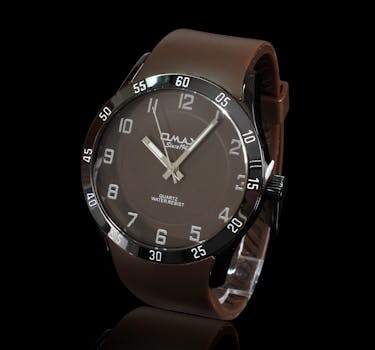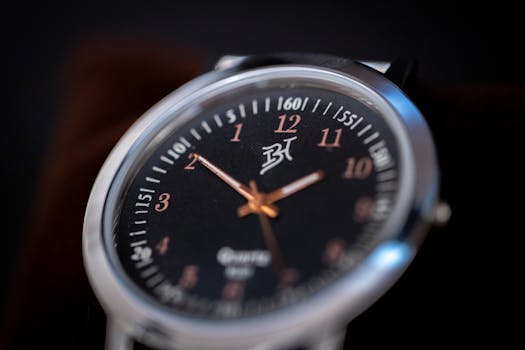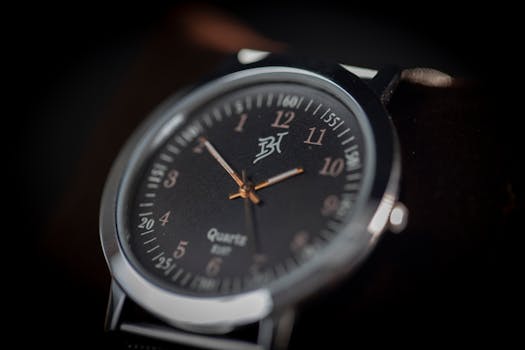The Impact of Quartz Technology on Traditional Watchmaking
Takeaways: Quartz technology has transformed the landscape of watchmaking, introducing unprecedented accuracy and affordability. While it has challenged traditional craftsmanship, it has also opened new avenues for innovation and design in the horology industry.
Introduction

The Rise of Quartz Technology

This innovation had far-reaching implications for the watchmaking industry. For starters, quartz watches offered a level of precision that was previously unattainable. Mechanical watches, while revered for their craftsmanship, could deviate by several seconds per day. In contrast, quartz watches typically achieve accuracy within a few seconds per month.
The affordability of quartz technology also democratized watch ownership. Consumers who may have once aspired to own a mechanical timepiece could now purchase a reliable and stylish watch for a fraction of the price. This shift sparked a boom in the watch market, leading to an explosion of brands and models catering to various tastes and budgets.
The Challenge to Traditional Craftsmanship

Brands that had built their reputations on mechanical movements had to re-evaluate their strategies. Some chose to embrace quartz technology, launching their own lines of quartz watches. Others, however, doubled down on their commitment to traditional craftsmanship, positioning their mechanical watches as luxury items that offered not just timekeeping but also artistry and heritage.
The quartz crisis, as this period came to be known, led to the decline of numerous traditional watch manufacturers, particularly in Switzerland. However, it also spurred a renaissance of sorts, as brands began to innovate in their designs and functions. The marriage of quartz technology with traditional watchmaking principles led to hybrid models that combined the best of both worlds.
The Modern Landscape of Watchmaking

On the other hand, traditional watchmakers have carved out a niche in the luxury market. Brands like Rolex, Patek Philippe, and Audemars Piguet focus on craftsmanship, heritage, and exclusivity, attracting collectors and enthusiasts willing to invest in mechanical pieces that tell a story beyond mere timekeeping.
Moreover, quartz technology has inspired innovation within traditional watchmaking. The integration of smart technology into watches has blurred the lines between mechanical and digital timepieces. Smartwatches, which utilize quartz movements alongside advanced technology, have captured the attention of tech-savvy consumers, further expanding the definition of what a watch can be.
Conclusion




